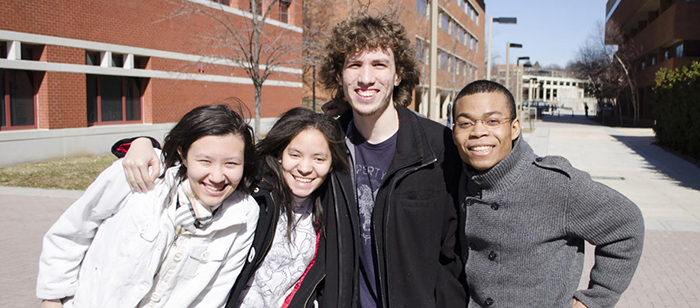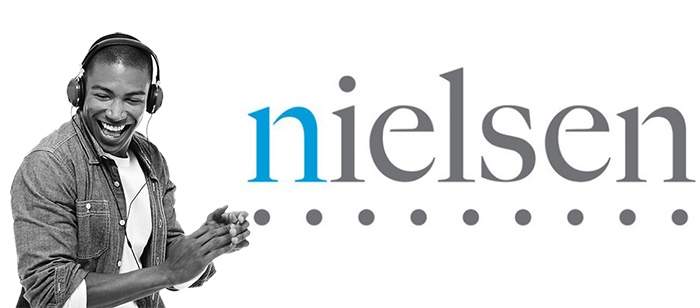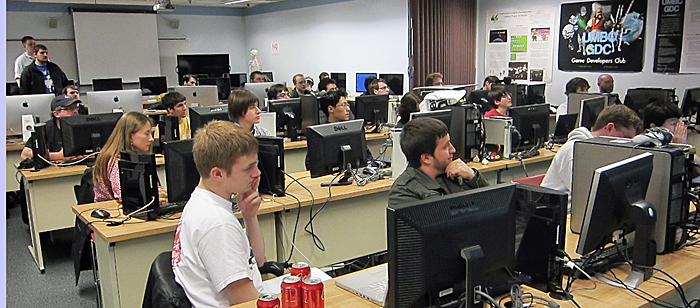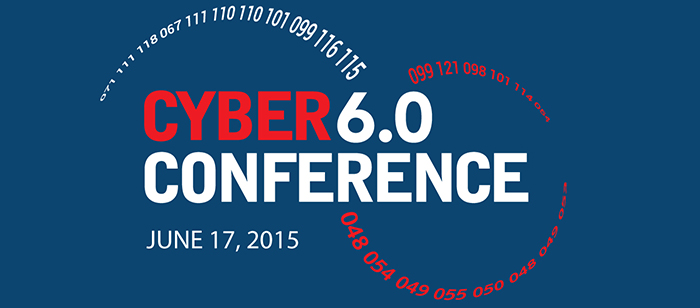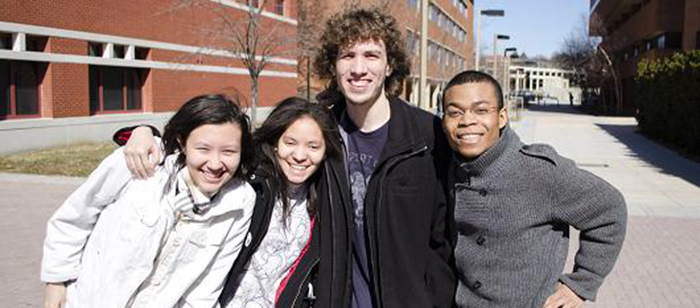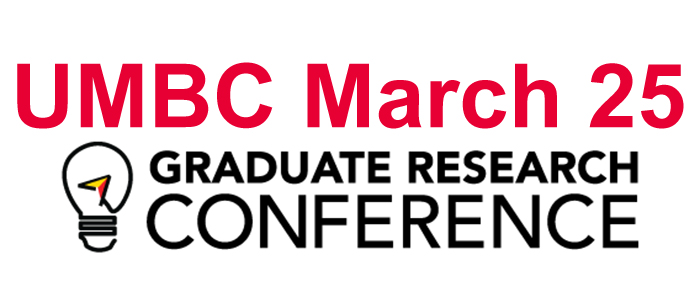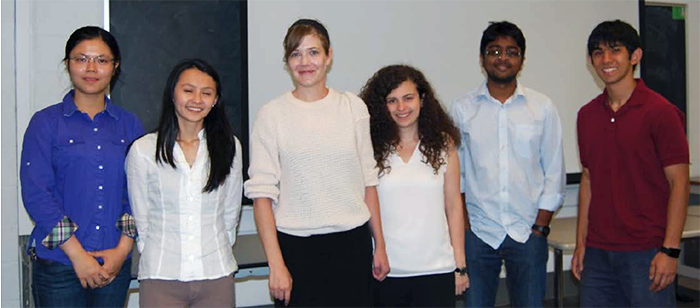
If you plan on applying to graduate school for next year or are currently a graduate student in your first or second year and are a US citizen or permanent-resident, you should consider applying to the National Science Foundation Graduate Research Fellowship Program (GRFP). This program makes approximately 2000 new fellowship awards each year.
The GRFP program recognizes and supports outstanding graduate students in NSF-supported science, technology, engineering, and mathematics disciplines who are pursuing research-based Master’s and doctoral degrees at accredited United States institutions. Fellows benefit from a three-year annual stipend of $32,000 along with a $12,000 cost of education allowance for tuition and fees, and opportunities for international research and professional development.
GRFP is the country’s oldest national fellowship program directly supporting graduate students in STEM fields. The hallmark features of the program are: 1) the award of fellowships to individuals on the basis of merit and potential, and 2) the freedom and flexibility provided to Fellows to define their own research and choose the accredited U.S. graduate institution that they will attend.
US citizens and permanent residents who are planning to enter graduate school in an NSF-supported discipline next fall, or in the first two years of such a graduate program, or who are returning to graduate school after being out for two or more years, are eligible. Applications for computing and engineering areas fields are due October 27. The applicant information page and the solicitation contain the necessary details.
